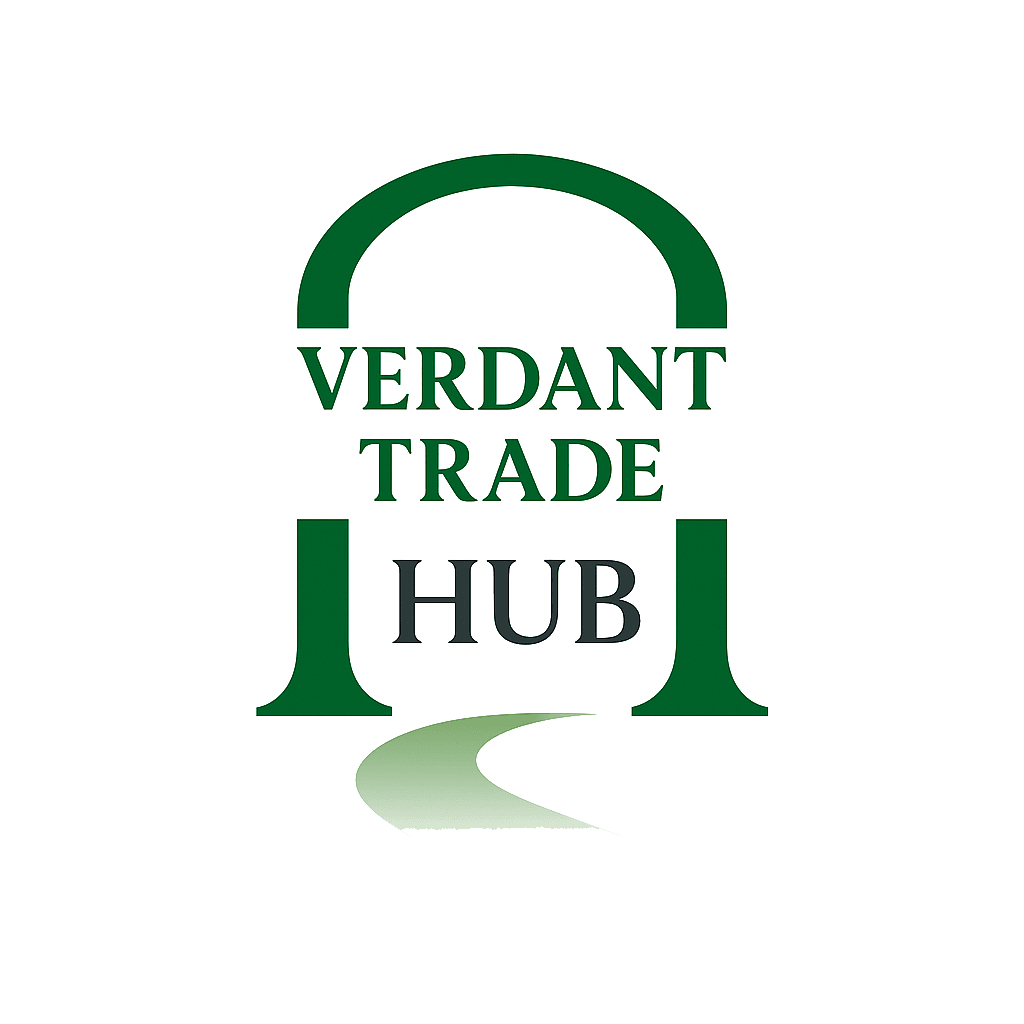The Impact of Ethical Sourcing on African Farming Communities
Understanding Ethical Sourcing
Ethical sourcing refers to the practice of ensuring that products are obtained in a responsible and sustainable manner. This involves considering the welfare of the workers and the environmental impact of the production process. In recent years, ethical sourcing has gained traction as consumers have become more aware of the implications their purchasing decisions have on global communities.
African farming communities are particularly affected by these practices. The continent is rich in resources, yet many farmers struggle to receive fair compensation for their labor and products. Ethical sourcing can provide a framework for improving these conditions, ultimately benefiting both the communities and the environment.

The Benefits of Ethical Sourcing for Farmers
One of the primary advantages of ethical sourcing for African farming communities is the assurance of fair wages. By engaging in ethical trade practices, companies commit to paying farmers a fair price for their products. This not only improves the economic stability of farming families but also encourages sustainable farming practices.
Additionally, ethical sourcing often involves providing farmers with access to better resources and training. This can lead to increased productivity and quality of produce, which can open up new markets and opportunities for farmers. Moreover, it fosters a sense of empowerment within communities, as farmers gain more control over their livelihoods.
Environmental Impact
Aside from economic benefits, ethical sourcing also has significant environmental implications. By promoting sustainable farming practices, it helps reduce the ecological footprint of agriculture. This can include measures such as reducing pesticide use, implementing crop rotation, and conserving water resources.

These environmentally friendly practices not only protect the local ecosystem but also ensure that the land remains fertile for future generations. This is particularly crucial in regions of Africa where climate change poses a significant threat to agriculture.
Challenges and Opportunities
While the benefits are clear, implementing ethical sourcing practices is not without challenges. Logistical issues, such as transportation and infrastructure, can hinder efforts to connect farmers with ethical markets. Moreover, there is a need for increased awareness and education among both producers and consumers about the importance of ethical sourcing.
However, these challenges also present opportunities for growth and innovation. Organizations and businesses that invest in overcoming these hurdles can develop strong partnerships with African farmers, leading to mutually beneficial outcomes.

The Role of Consumers
Consumers play a vital role in promoting ethical sourcing by making informed purchasing choices. By supporting brands that prioritize ethical practices, consumers can drive demand for responsibly sourced products. This, in turn, encourages more companies to adopt similar practices, creating a positive cycle of change.
Moreover, consumer advocacy can pressure governments and organizations to implement policies that support ethical sourcing initiatives. Through collective action, consumers have the power to influence market trends and contribute to the well-being of farming communities worldwide.
The Path Forward
The impact of ethical sourcing on African farming communities is undeniable. By ensuring fair compensation, promoting sustainable practices, and fostering community empowerment, ethical sourcing can pave the way for a brighter future. However, realizing this potential requires concerted efforts from businesses, consumers, and policymakers alike.
As more stakeholders recognize the importance of ethical sourcing, there is hope that it will become a standard practice in global trade. This shift has the potential to transform not only African farming communities but also the broader agricultural landscape.
